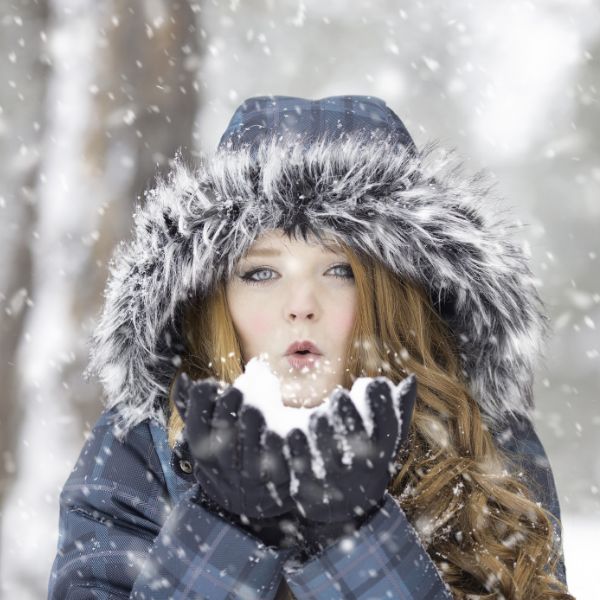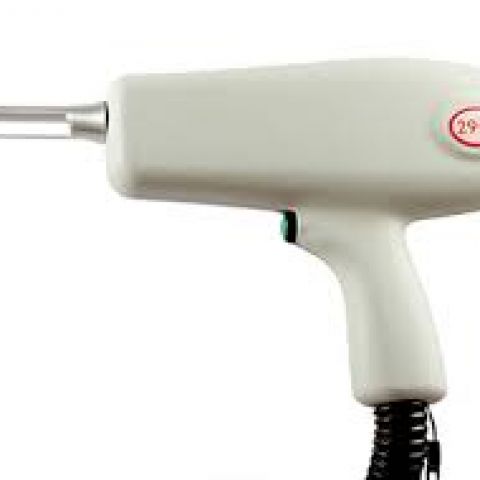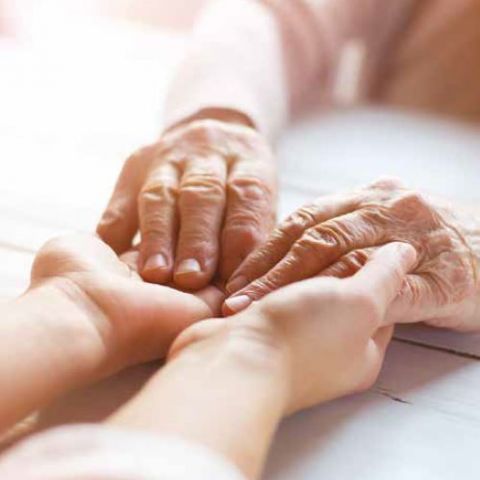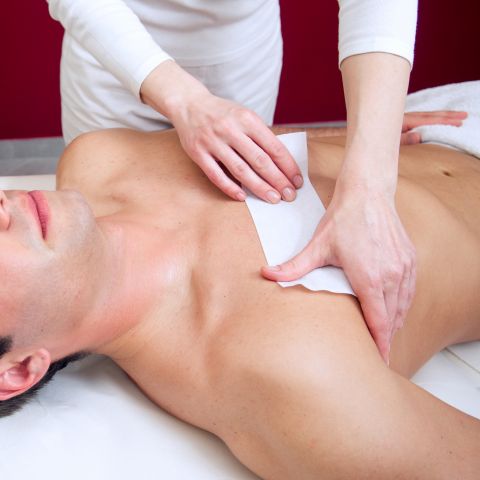Candice Gardner, Education Manager - Content, The International Dermal Institute and Dermalogica... Ski season travel will affect skin condition. Let's consider the facts.
What advice should I give my customers booking a winter sports holiday?
Ski season travel will affect skin condition. Let’s consider the facts.
Temperature fluctuations
The best snow for winter sports is dry snow. The flakes are small resulting in a powdery covering. However, dry snow means lower air temperature and less water vapour in the atmosphere –ideal conditions not just for skiing but for drying out and sensitising the skin.
Powdery snow also blows about with the wind, meaning windburn and super cold skin. In response to surface temperature changes the skin decreases blood supply to conserve heat and unfortunately the consequence is reduced barrier repair. The harsh atmospheric conditions causes ‘barrier weathering’ and leads to dry, dehydrated skin. In extreme cases the dryness leads to fissures and chapping, which can be quite painful.
In contrast overheated chalets and mountain restaurants have everyone stripping off after adrenalin fuelled sessions on the slopes. The extreme fluctuations from cold to hot and back to cold can pre-sensitise skin leaving it red, blotchy and irritated.
Skin needs extra protection from these extreme temperatures to help shield and stabilise function. A barrier product is essential to combat the climate. If the temperatures are going to be sub-zero most of the time then it is wise to look for waterless formulas. Try heavier weight moisturisers and phyto oils. Include the lips too. Vitamin E and Vitamin B5 are excellent healers for overwrought skin, as is oatmeal and its key extract Betaglucan.
Altitude
The higher up you are from sea level the thinner the air. This means the Ultra Violet radiation (UVR) intensity is greater, increasing the risk of sunburn. Do not be fooled by an overcast day as UVR penetrates cloud cover. Altitude combined with the 85% reflection rate off the white snow ensures significant skin damage even during a short session on the mountain. Always recommend a sunscreen that provides high or very high levels of protection - SPF30-SPF50. Make sure it offers UVA broad spectrum protection too. Apply every morning and be prepared to top up regularly.
Travel and Après Ski
Many enthusiastic skiers and boarders can forget that travelling to their winter destination means a flight. Dehydration of skin and body post flying is common. Drinking lots of water to keeping hydrated minimises sensitivity potential. Give the skin a boost post flight by applying a masque upon check-in and whilst unpacking. This ensures skin is not vulnerable before even getting on the slopes.
No winter sport holiday is complete without the customary Après Ski. Alcohol can increase circulation for flushed, uneven skin tone. So if this is a concern or your client suffers from rosacea, eczema or is genetically fair and sensitive, include a desensitising serum that can regulate sensitivity threshold and soothe easily irritated skin. No need to get twitchy about complex bed time routines; the same masque or serum can be applied and slept in to soothe and restore skin post a night out.
Who says you can’t have great skin all the time! Happy skiing!






